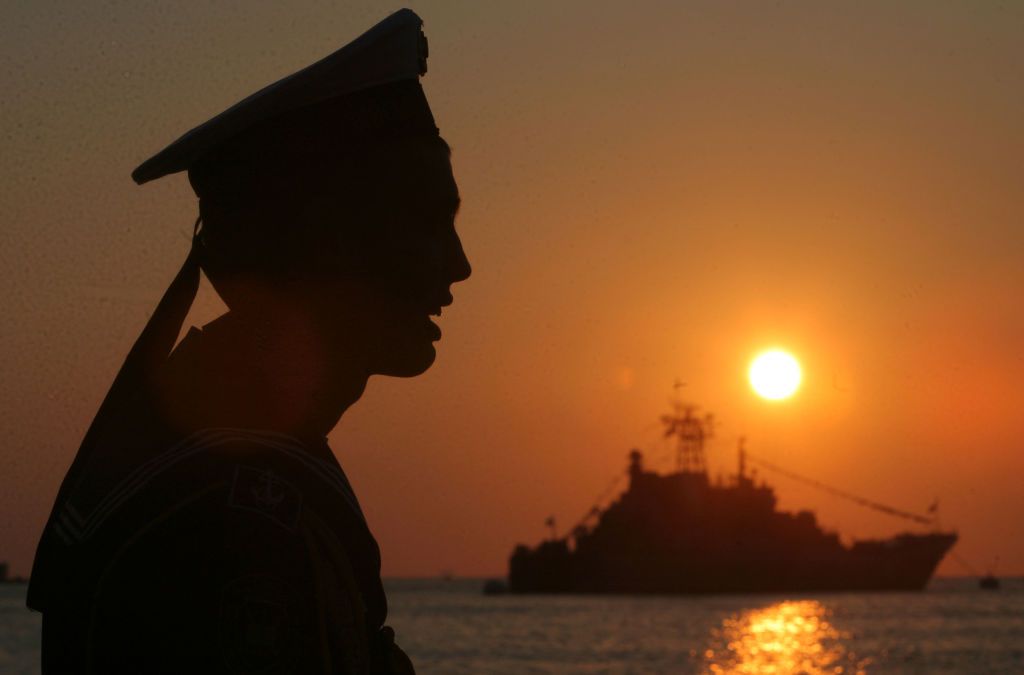UK sanctions 10 Russian 'shadow' vessels involved in oil trade

The U.K. has sanctioned 10 Russian vessels that are part of the "shadow fleet" of ships that transport Russian oil around the world, the U.K. Foreign Office announced on Sept. 11.
Russia's "shadow fleet" is a group of older and often uninsured vessels used by Russia to ship out its oil while avoiding international sanctions imposed in 2022 as part of the effort to cut Moscow's fossil fuel revenue.
"Russia has been forced to spend over $8 billion amassing this shadow fleet," Foreign Secretary David Lammy said.
Under sanctions, the tankers will be unable to load oil, helping "counter Russian attempts to undermine and dodge economic sanctions," Lammy said.
The Foreign Office said that previous sanctions against similar vessels have left ships "idling in ports, disrupting a vital source of revenue for Putin's war machine." The U.K. has now sanctioned 25 vessels considered part of the "shadow fleet."
The Foreign Office described the newly sanctioned vessels as "high-volume offenders," which operate "around the clock to transport as much Russian oil as possible."
Three of the ships have together carried over $5 billion worth of Russian oil since the full-scale invasion began in February 2022.
"Russia's oil exports are Putin's most critical revenue source for funding his illegal war in Ukraine, accounting for roughly a quarter of the Russian budget in 2023," the Foreign Office said.
The Russian government expects oil and gas revenues to rise by 21% year-on-year to 10.7 trillion rubles ($120 billion) in 2024.













